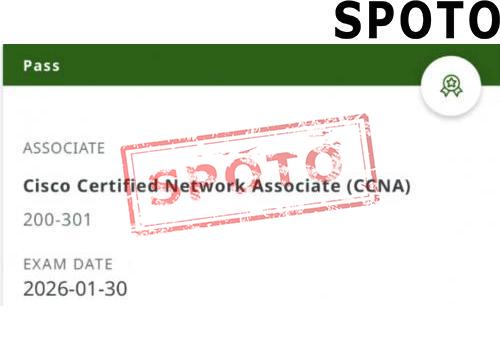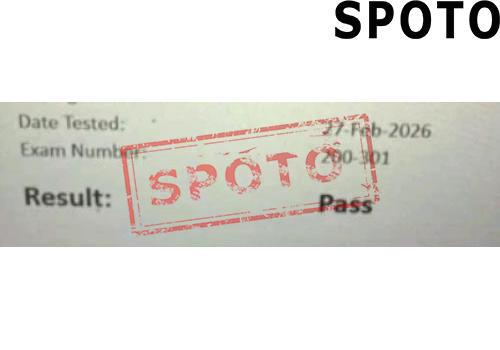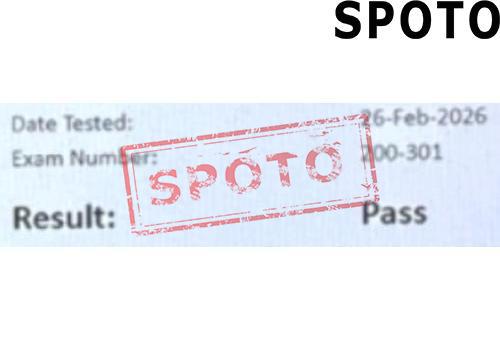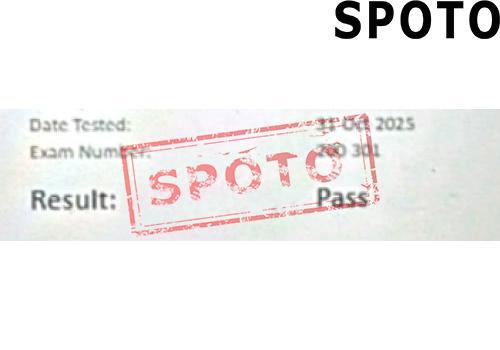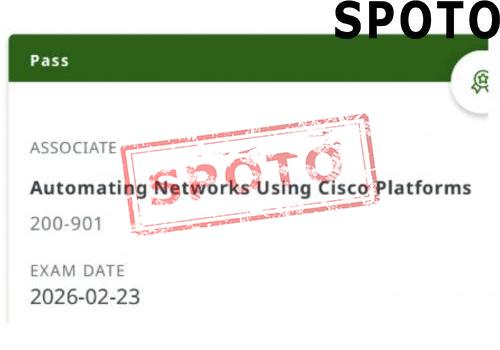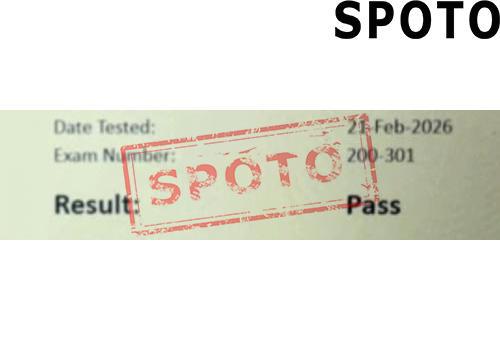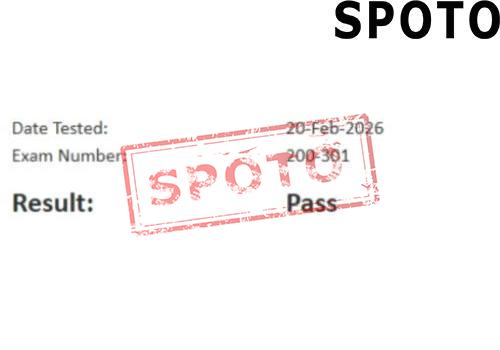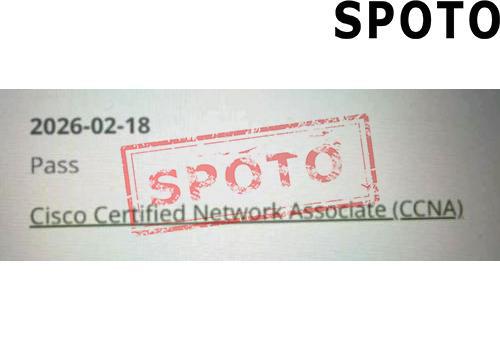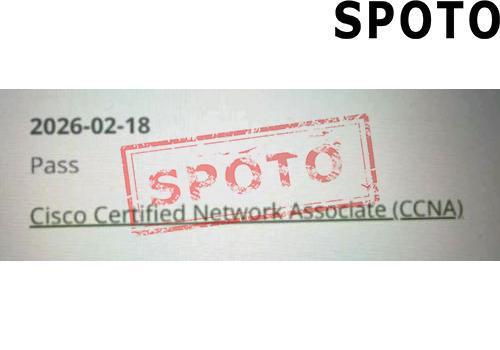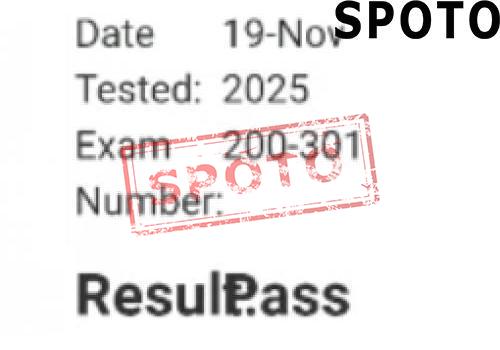
The Cisco Certified Network Associate (CCNA) certification is a globally respected credential that proves your knowledge in networking basics, device configuration, and troubleshooting. With the IT industry's demand for certified professionals steadily increasing, many candidates wonder: Can I prepare for and pass the CCNA exam in just three months?
The answer is yes! With a structured study approach, the right resources, and consistent effort, achieving CCNA certification within three months is entirely possible. Let's explore the factors that influence success and craft an efficient preparation strategy for this timeframe.
Factors That Influence CCNA Preparation
1. Your Prior Knowledge and Experience
-
Experienced IT Professionals
If you have a background in networking, familiarity with Cisco devices, or IT fundamentals, you'll likely find the material less challenging. Key concepts like subnetting, IP addressing, and basic device setup might already be part of your skillset, reducing the time needed for preparation. -
Beginners
For those new to networking, the learning curve will be steeper. Building foundational knowledge might take additional time, but with focus and effort, it's still achievable in three months.
2. Study Commitment
-
Full-Time Learners
Dedicating 4–6 hours a day to studying can make a 3-month timeline highly realistic. -
Working Professionals
Juggling work and study requires efficient time management. Even with fewer daily hours available, disciplined planning can help you succeed.
3. Study Resources
Using reliable, up-to-date materials is crucial for understanding CCNA topics. Outdated content can slow your progress and lead to confusion, so choose resources like Cisco's official guides, top-rated video tutorials, and trusted practice exams.
4. Learning Style
- Visual Learners
Videos and animations simplify complex topics, making them easier to grasp. - Hands-On Learners
Practicing in a simulated lab environment ensures concepts are not just learned but applied effectively.
A Three-Month Study Plan for CCNA
Month 1: Building the Basics
Focus on networking fundamentals and basic device configurations.
- Key Topics: Networking models (OSI and TCP/IP), IP addressing, subnetting, and basic commands.
- Resources:
- Cisco's official CCNA study guide.
- Video tutorials from platforms like CBT Nuggets or Udemy.
- Actions:
- Dedicate time to mastering foundational concepts.
- Use Cisco Packet Tracer or GNS3 for initial hands-on practice.
Month 2: Core Concepts and Labs
Deep dive into advanced networking topics and start intensive lab practice.
- Key Topics: VLANs, routing protocols (OSPF, EIGRP), switching concepts, and security basics.
- Resources:
- Practice labs simulating real-world scenarios.
- Troubleshooting exercises to build problem-solving skills.
- Actions:
- Dedicate extra time to subnetting and VLAN configuration.
- Use mock scenarios to replicate challenges you might face in the exam.
Month 3: Exam Readiness
Focus on review, testing, and fine-tuning weak areas.
- Key Topics: Comprehensive troubleshooting, exam strategies, and time management.
- Resources:
- High-quality practice exams from platforms like SPOTO.
- Virtual labs for real-time practice.
- Actions:
- Take full-length mock exams regularly to identify gaps.
- Focus on improving speed and accuracy under exam-like conditions.
Tips for a Successful 3-Month Plan
1. Consistency Is Key
Study daily, even if for short periods, to maintain steady progress. Break down complex topics into manageable sections and review them often.
2. Leverage Practical Experience
CCNA emphasizes real-world application. Simulate networks, practice configurations, and troubleshoot issues using tools like Cisco Packet Tracer or GNS3.
3. Engage With the Community
Join online forums such as Reddit's r/ccna or the Cisco Learning Network. These platforms provide valuable insights, study tips, and answers to questions.
4. Tackle Weak Areas First
Identify topics that are challenging, such as subnetting or routing protocols, and dedicate extra time to mastering them early in your study plan.
5. Use Practice Exams Strategically
Mock exams not only test your knowledge but also help you practice time management. Aim for consistently high scores to build confidence before attempting the actual exam.
Overcoming Challenges
Balancing Work and Study
Finding time to study can be difficult if you're working full-time.
- Solution: Create a structured schedule and stick to it. Utilize short breaks for quick reviews or flashcards.
Complex Topics
Some concepts, like routing protocols or VLAN configurations, might feel overwhelming.
- Solution: Break them into smaller, digestible parts. Use visuals and diagrams to clarify abstract ideas.
Maintaining Motivation
Sustaining focus over three months can be tough.
- Solution: Set milestones and reward yourself for achieving them. Study groups or an accountability partner can also keep you engaged.
Is a 3-Month CCNA Preparation Worth It?
Achieving CCNA certification within three months showcases your ability to focus, learn quickly, and stay disciplined — traits that employers value highly. It opens doors to roles like Network Administrator or Support Engineer and lays a solid foundation for advanced certifications like CCNP or CCIE.
While challenging, the rewards are significant. A concentrated effort over three months can set you up for long-term success in IT.
Conclusion
Passing the CCNA exam in three months is a realistic goal for determined candidates. With a structured study plan, hands-on practice, and the right resources, you can confidently master the material and ace the exam. Whether you're starting fresh or building on existing skills, this certification is a worthwhile investment in your IT career.
